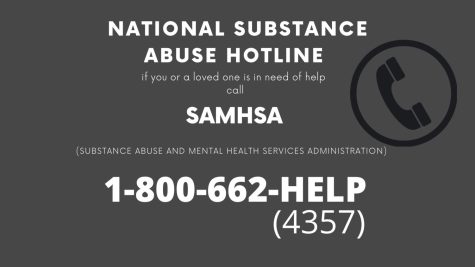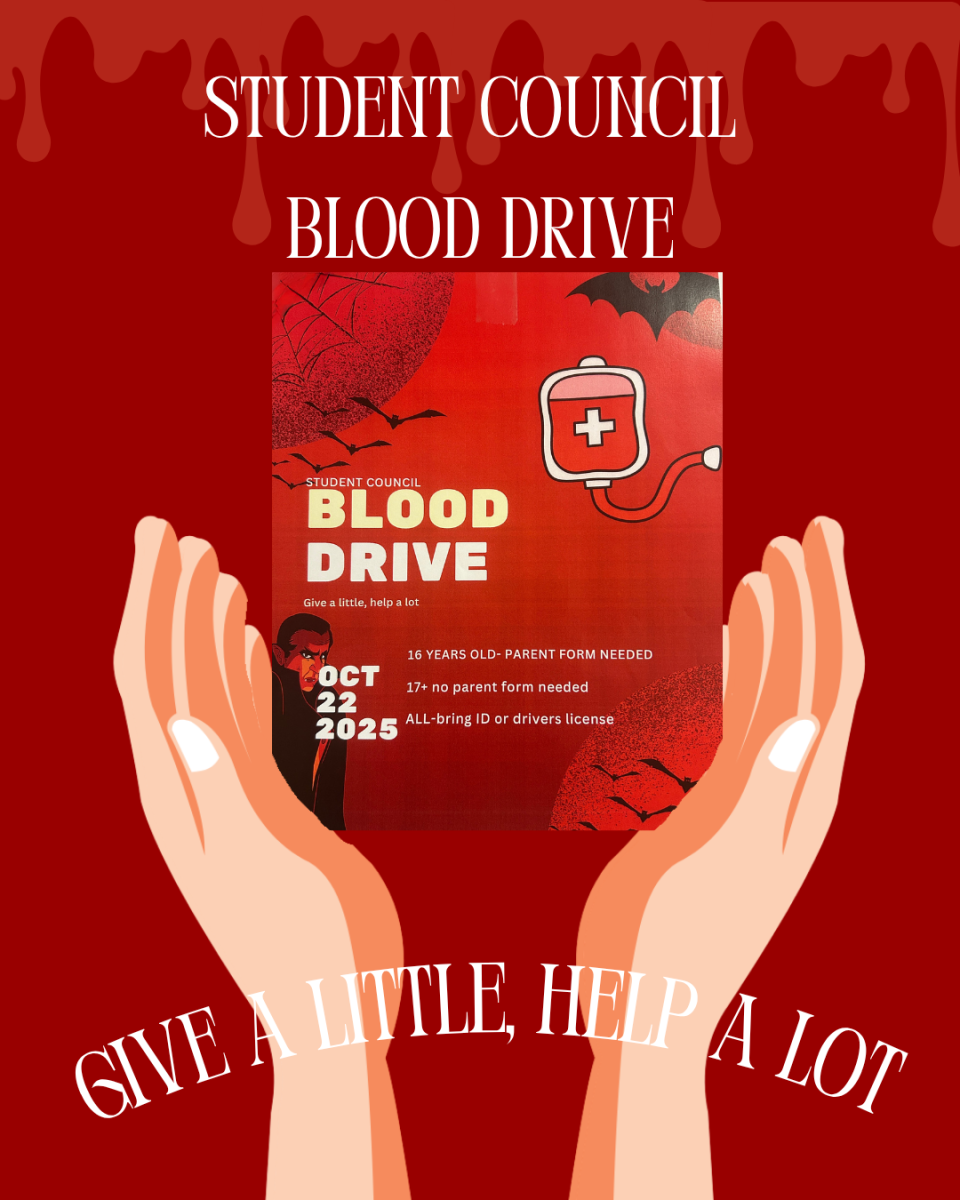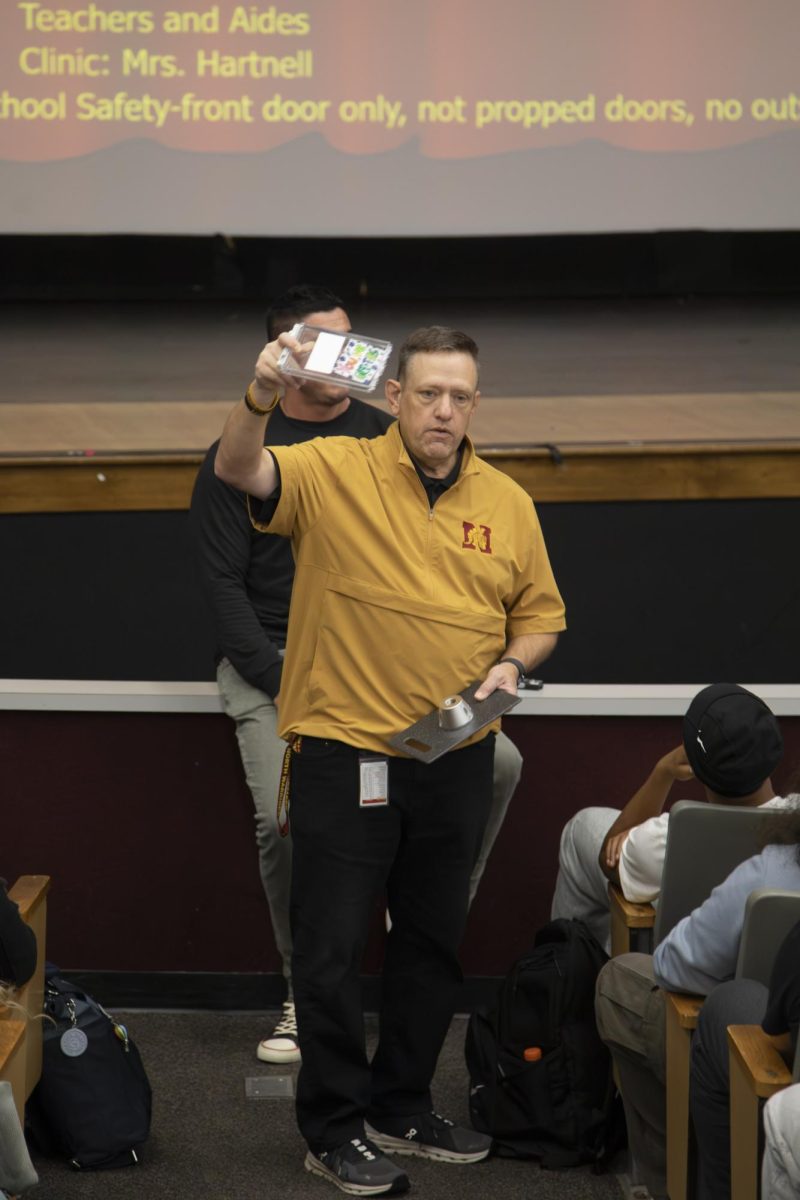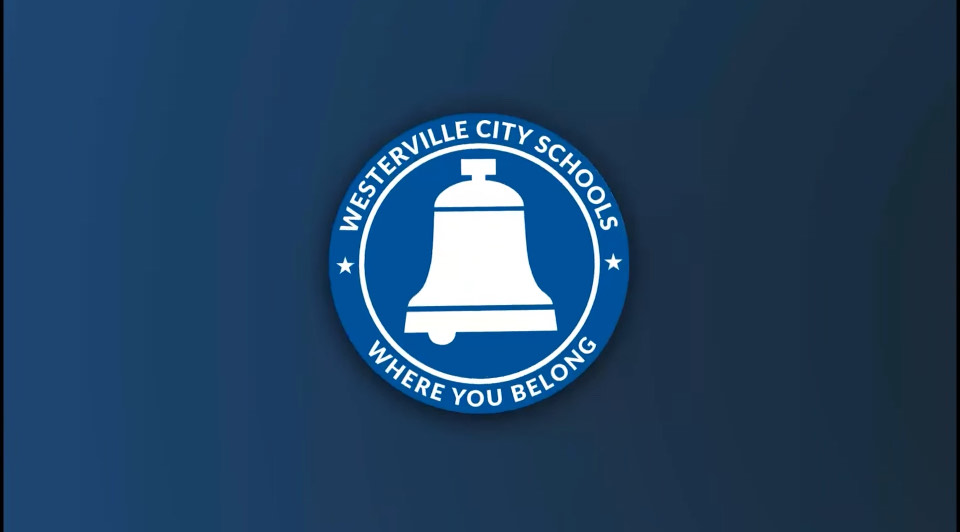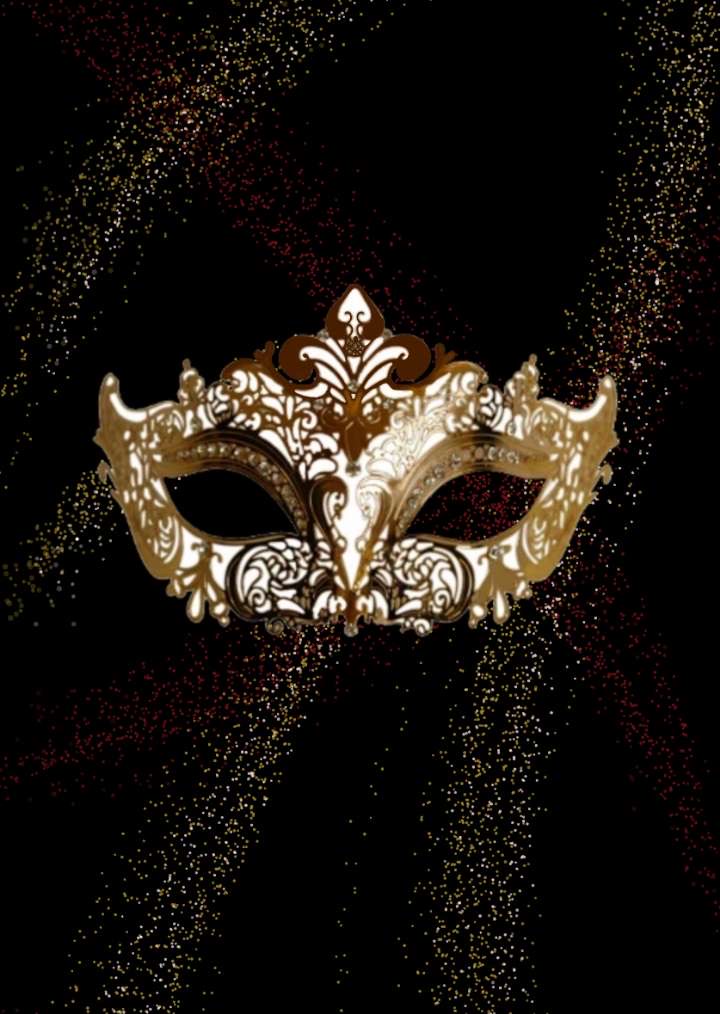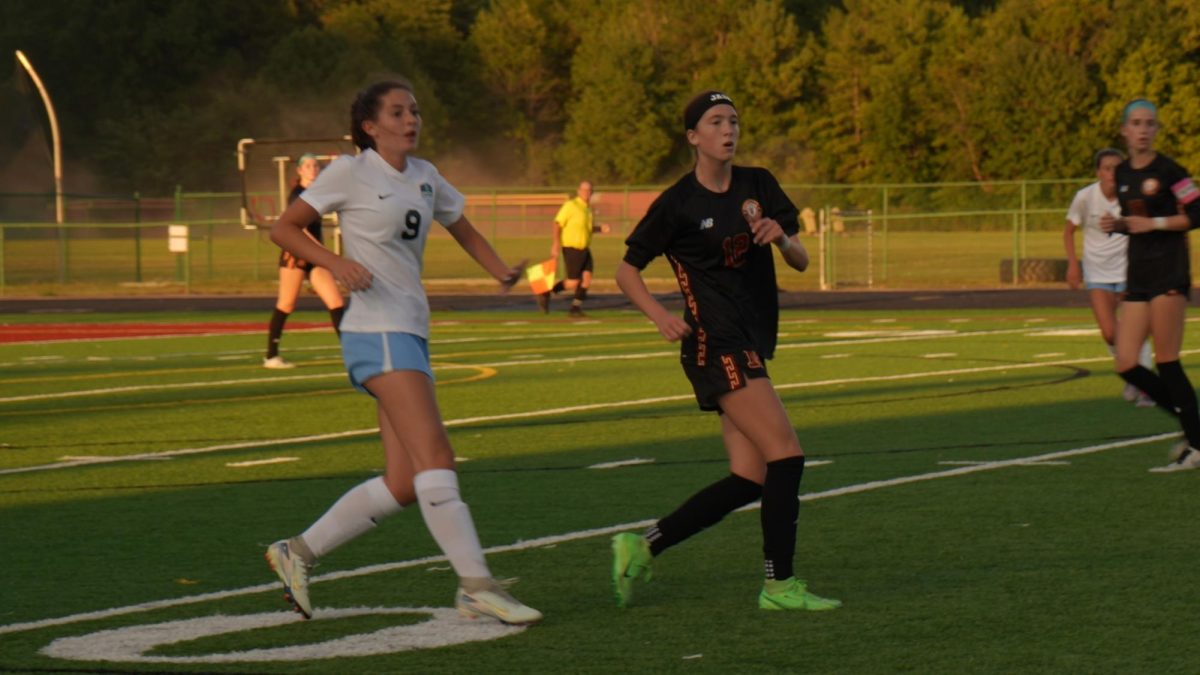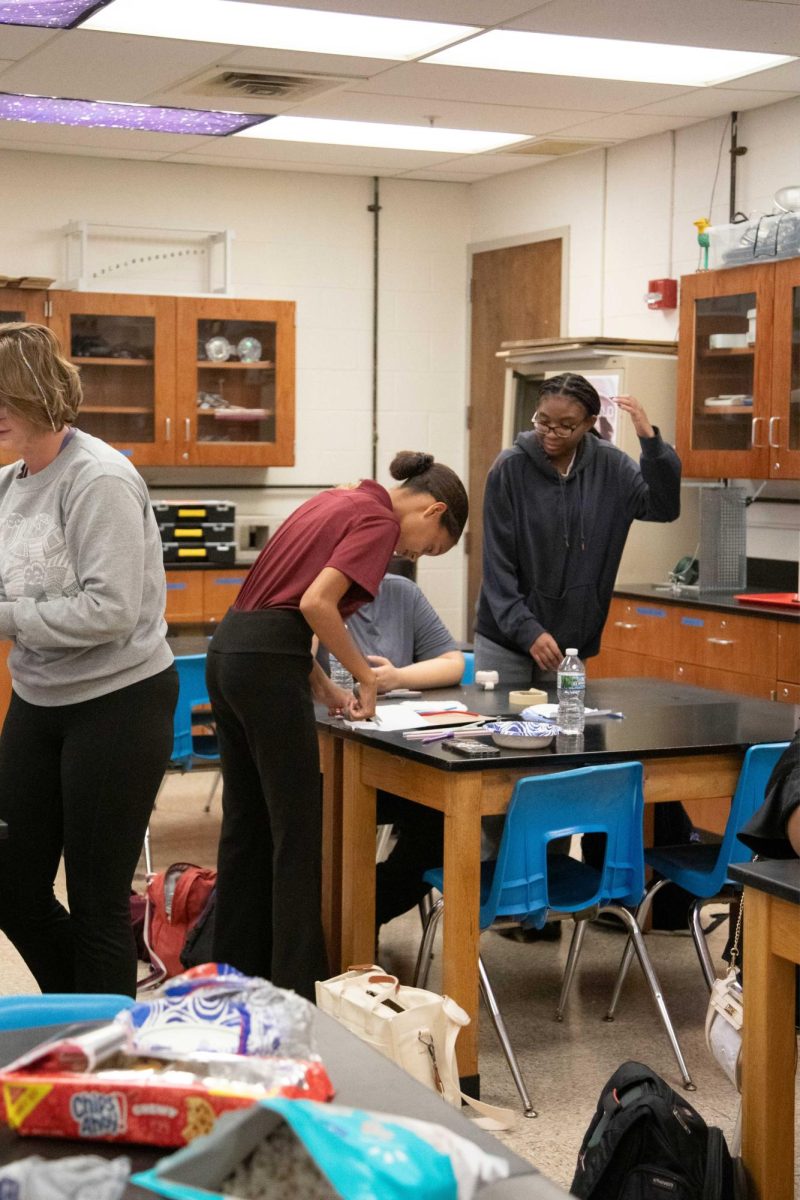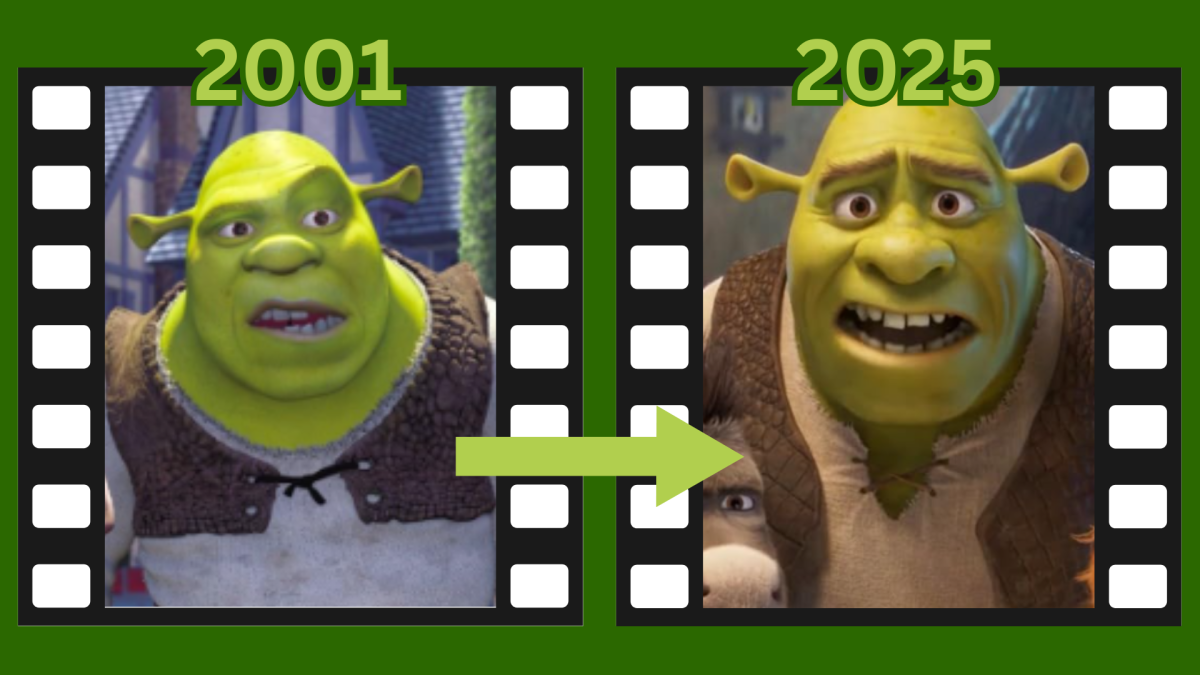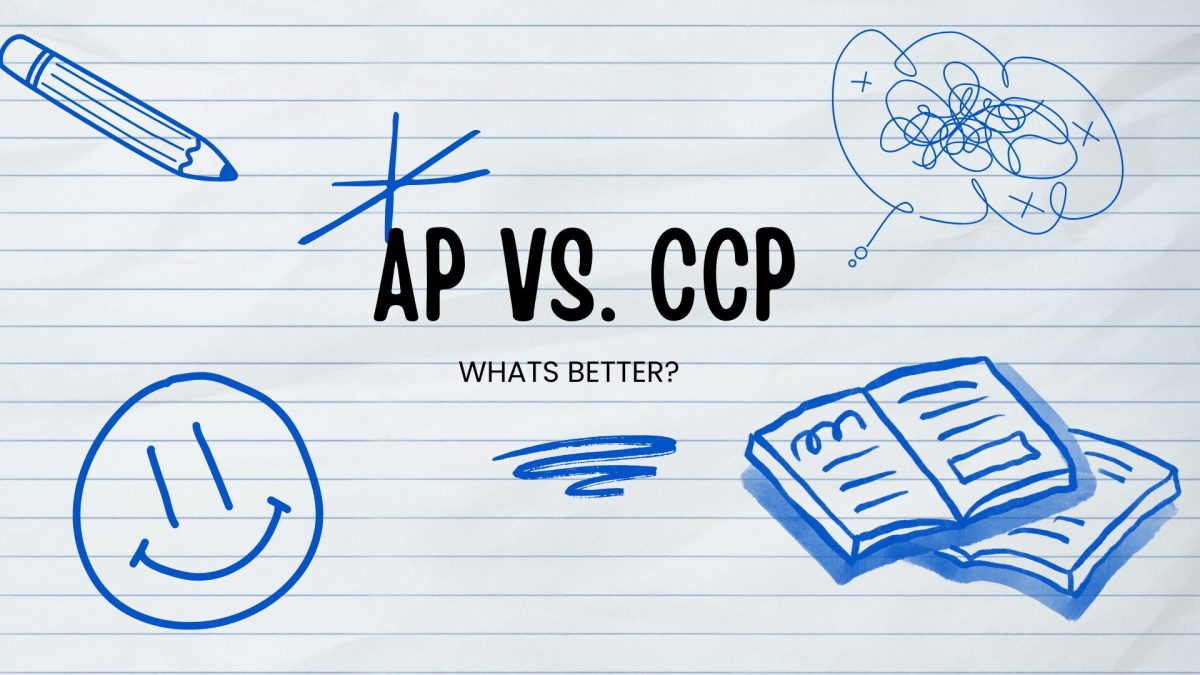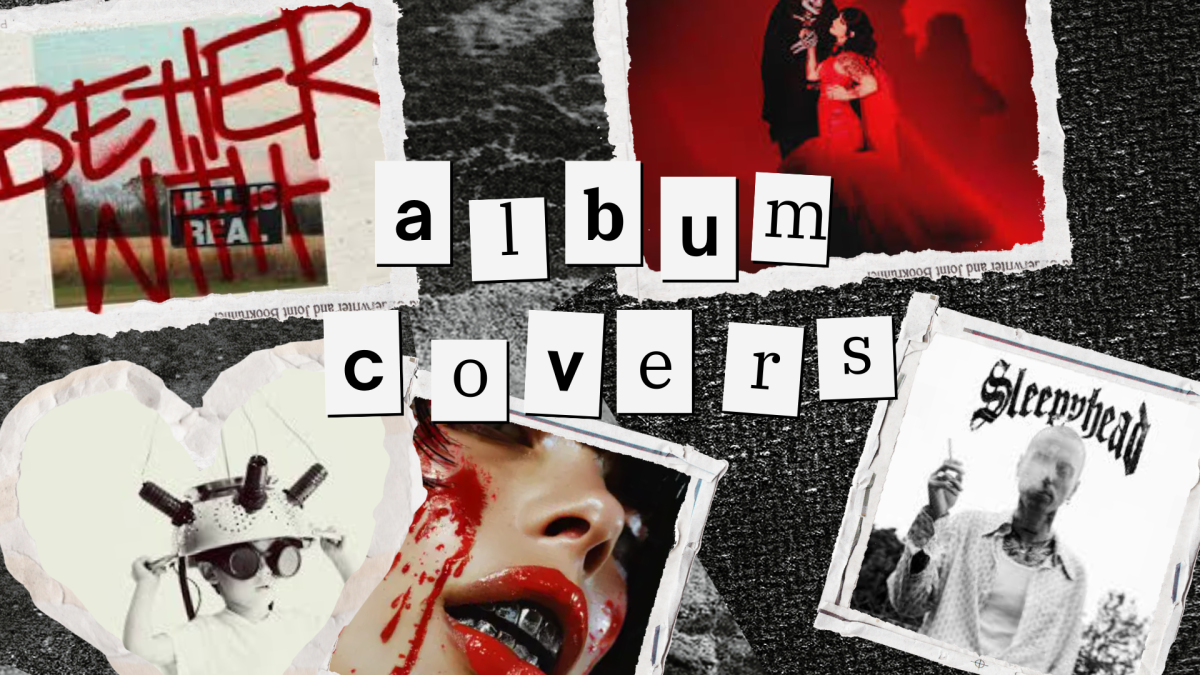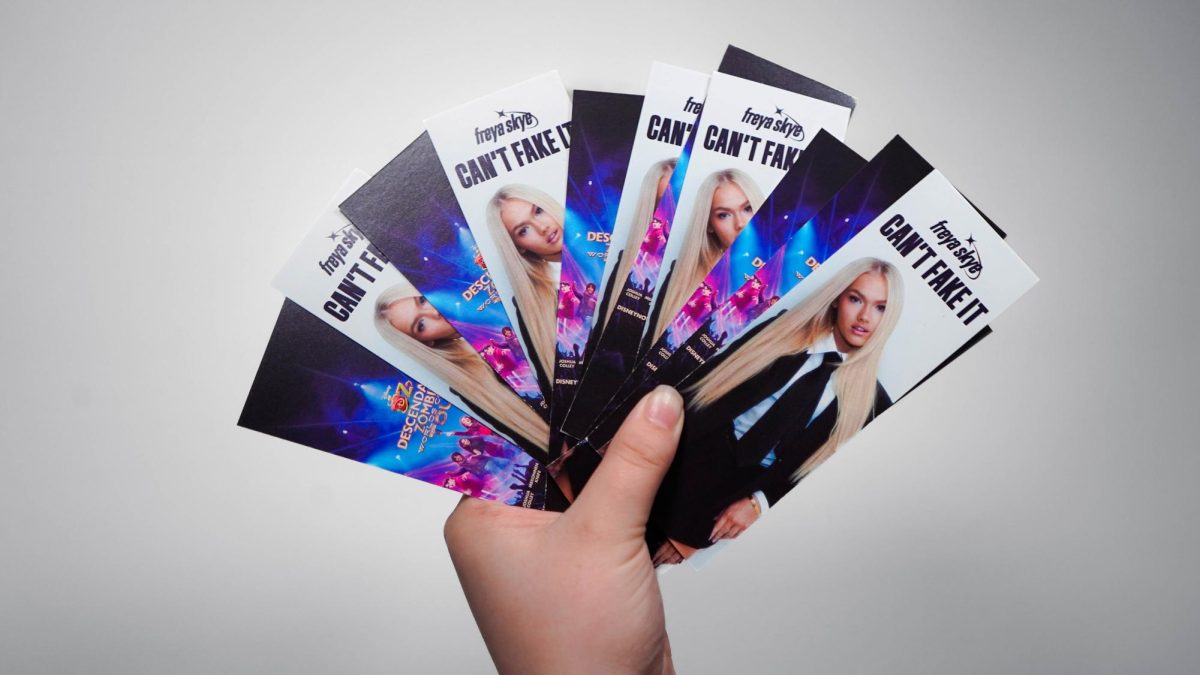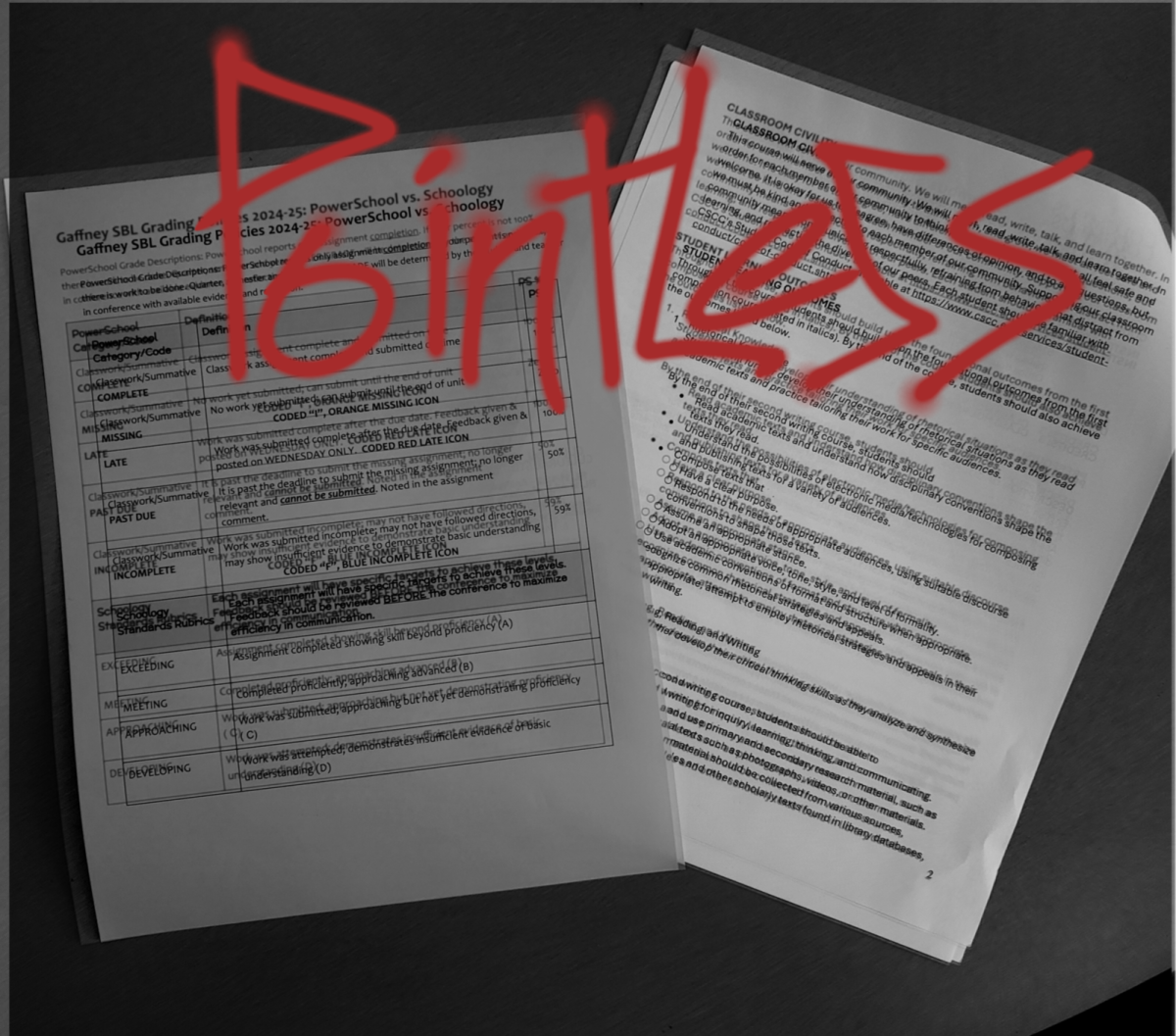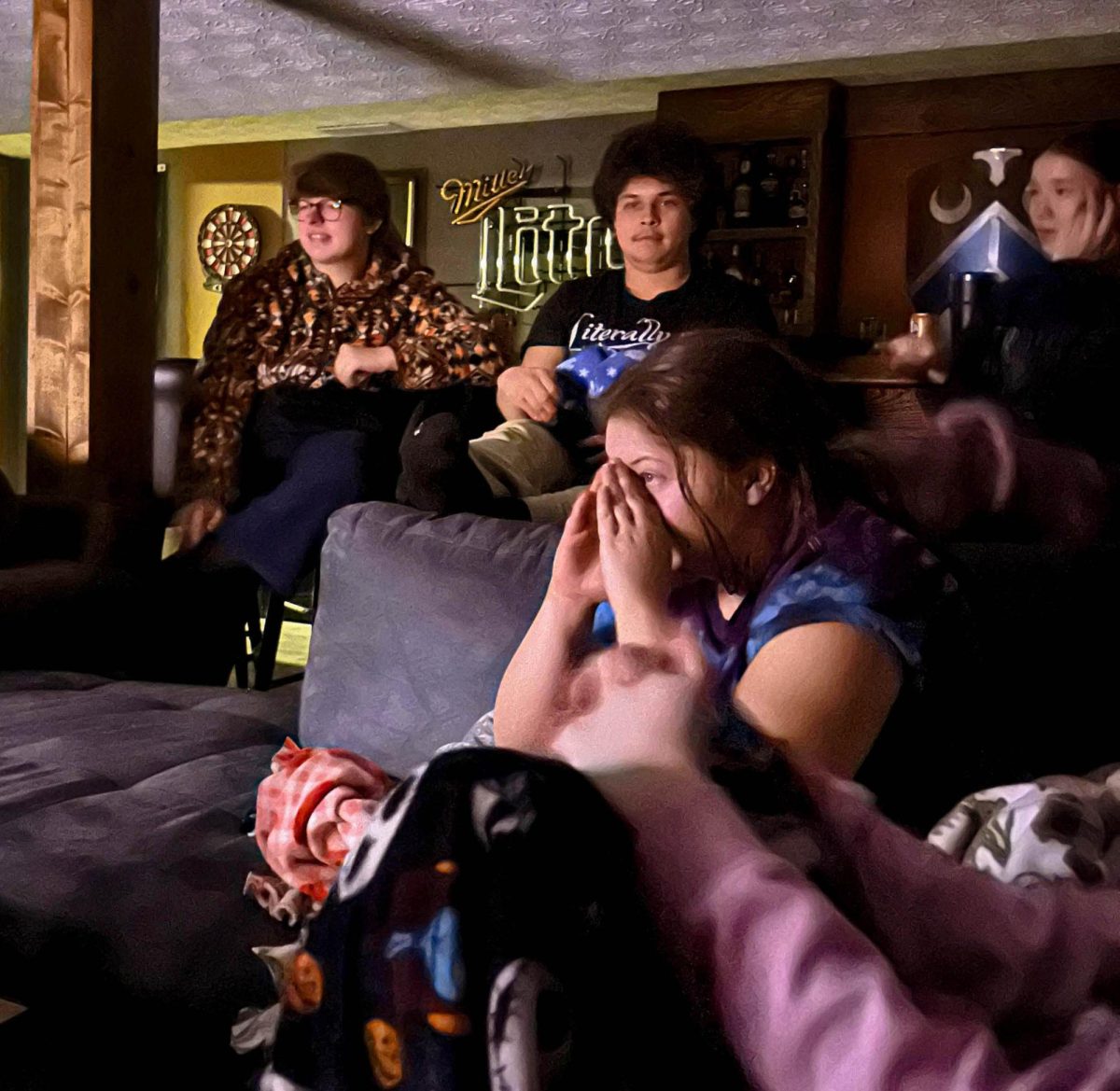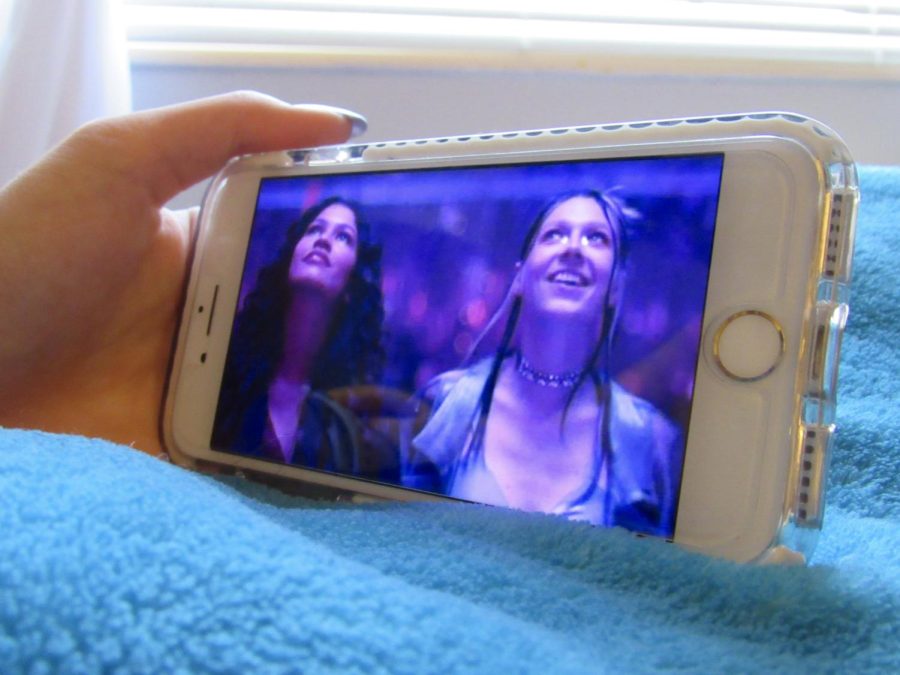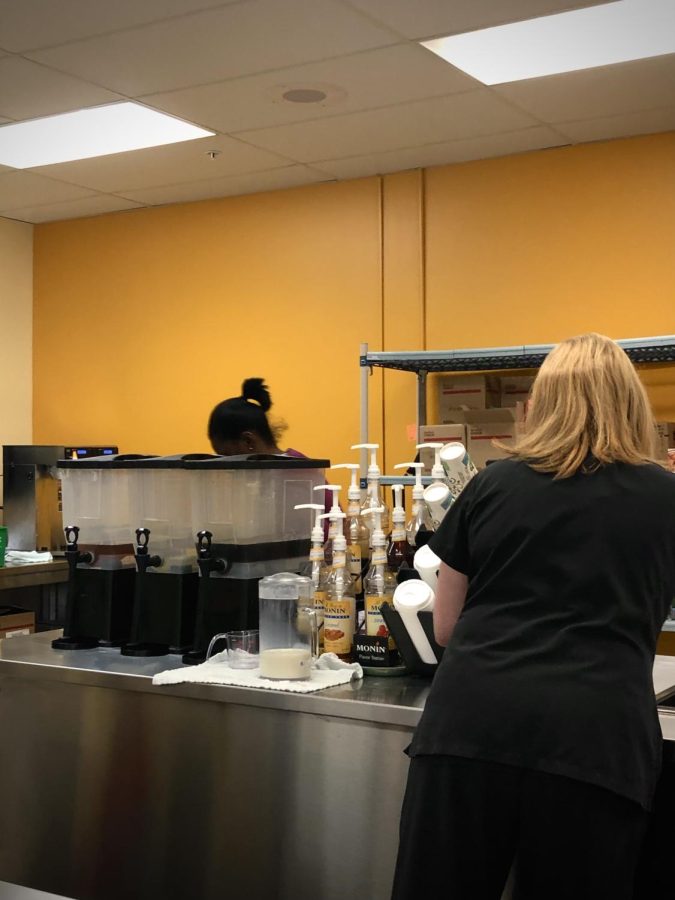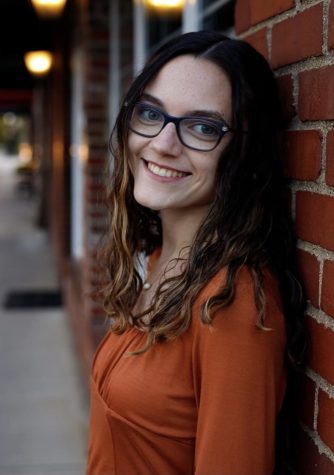HBO Max’s television hit show, “Euphoria” has grasped the attention of teenagers across the country. The drama is based around a high school student, Rue (played by actress Zendaya) and her peers as they encounter struggles such as drug abuse, addiction, domestic violence, and mental health. The show is currently wrapping up season two and was recently approved for a third season.
While being popular amongst young adults, the show has sparked controversy due to the heavy topics discussed, and the extensive use of drugs and alcohol portrayed in the show. Conversations on whether or not the show is “glorifying” drug abuse and addiction, have come to surface.
Several students at Westerville North High School are a part of the millions of weekly viewers that “Euphoria” receives. Damou Sakho (12) is an avid fan of the show, watching “Euphoria” every Sunday night. Although a possibly a triggering show, Sakho finds it beneficial and realistic.
“Keep it as authentic as possible…everyone knows what’s going on, [behind closed doors] but we don’t always see it,” Sakho said.
Similar to Sakho, former Westerville student Dani Koehler keeps up to date with the series. As a young adult, and a former high schooler, Koehler finds “Euphoria” to be dramatized in some episodes, but overall relatable and informative.
“I think the show is an extreme version of what high school was,” Koehler said.
However, Koehler is also able to recognize how it can be fitting for students.
“‘Euphoria’ is really good at showing the intensity of all the emotions related to the topics they touch on,” Koehler said.
Both Sakho and Koehler have found the series to be necessary and purposeful for young adults.
Manager of youth drug prevention at Youth to Youth International, Kevin Rigby, engages with teenagers everyday, recognizing the realistic battles that come with exposure to drugs and alcohol. As a viewer of the show, Rigby finds the controversial show to be educational for more than just teenagers.
“It is one of those shows that opens up the mind…I am a big fan of shows like [this] for adults and parents to watch…it shows what some young people may be going through day to day,” Rigby said.
Rigby believes that for an outsider looking in, it would be easy to identify the show as glorifying.
“It is a show that forces us to think critically…if you can do that, I don’t see it being glorified,” Rigby said.
Koehler is able to analyze “Euphoria” in different ways as she doesn’t believe the creators attempt is to glorify drugs, but understands how viewers may interpret the show in that perspective.
“… it is easy for a viewer to watch a show that has beautiful cinematography and some themes that can be interpreted as ´life experiences´ and thus romanticize ‘Euphoria’,”Koheler said.
“I am sure when I was 16-17, I was romanticizing drugs/alcohol, but it was an envy, not a reality,” Koehler added.
In the show, not only is drug abuse considered to be glorified but also, partying, drinking and participating in abusive relationships.
“We know that for the most part, young people are making positive choices [involving drugs and alcohol]…my hope would be that watching this television show wouldn´t sway those good decisions,” Rigby said.
For Sakho, watching the show has not provoked him to partake in any of those activities, but instead avoid them.
“You see people putting the needles in, snorting substances, and popping pills…you see what can come of that,” Sakho said. “A lot of season two is Rue´s addiction and her withdrawal… no one is desiring that.”
A Netflix show— “Thirteen Reasons Why”—received similar criticism involving a trigger warning about suicide. The show now provides a clip of actors before the show discussing viewer discretion and hotlines that viewers might find useful. HBO provides a similar viewer discretion prior to each episode. However, this doesn’t seem to be enough and a more informational trigger warning is being suggested by viewers.
“It is the responsibility of the viewer to do research prior to watching something if they feel they could be triggered,” Koehler said.
Koehler puts emphasis on the idea of educating beforehand and understanding what the show is about.
In an interview by Entertainment Weekly , Zendaya responded to a comment made by D.A.R.E (Drug Abuse Resistance Education), in which they condemned the show and claimed it to be glorifying drugs.
“Our show is in no way a moral tale to people about how to live their life or what they should be doing…hopefully [its] to help people feel a bit less alone in their experience and their pain,” Zendaya said.
Zendaya explains how the purpose of “Euphoria” is not to encourage drug abuse, but instead to try to make people aware of addiction and how it becomes a disease.
The question of whether addiction is a gene or if it’s developed over time has been brought to attention by the series. Actors of the show find it important for viewers to do more than just watch it but think critically about what is being presented.
“This is a show that can help us empathize and understand what others are going through,” said Rigby, ¨We need to be a part of this conversation.”
